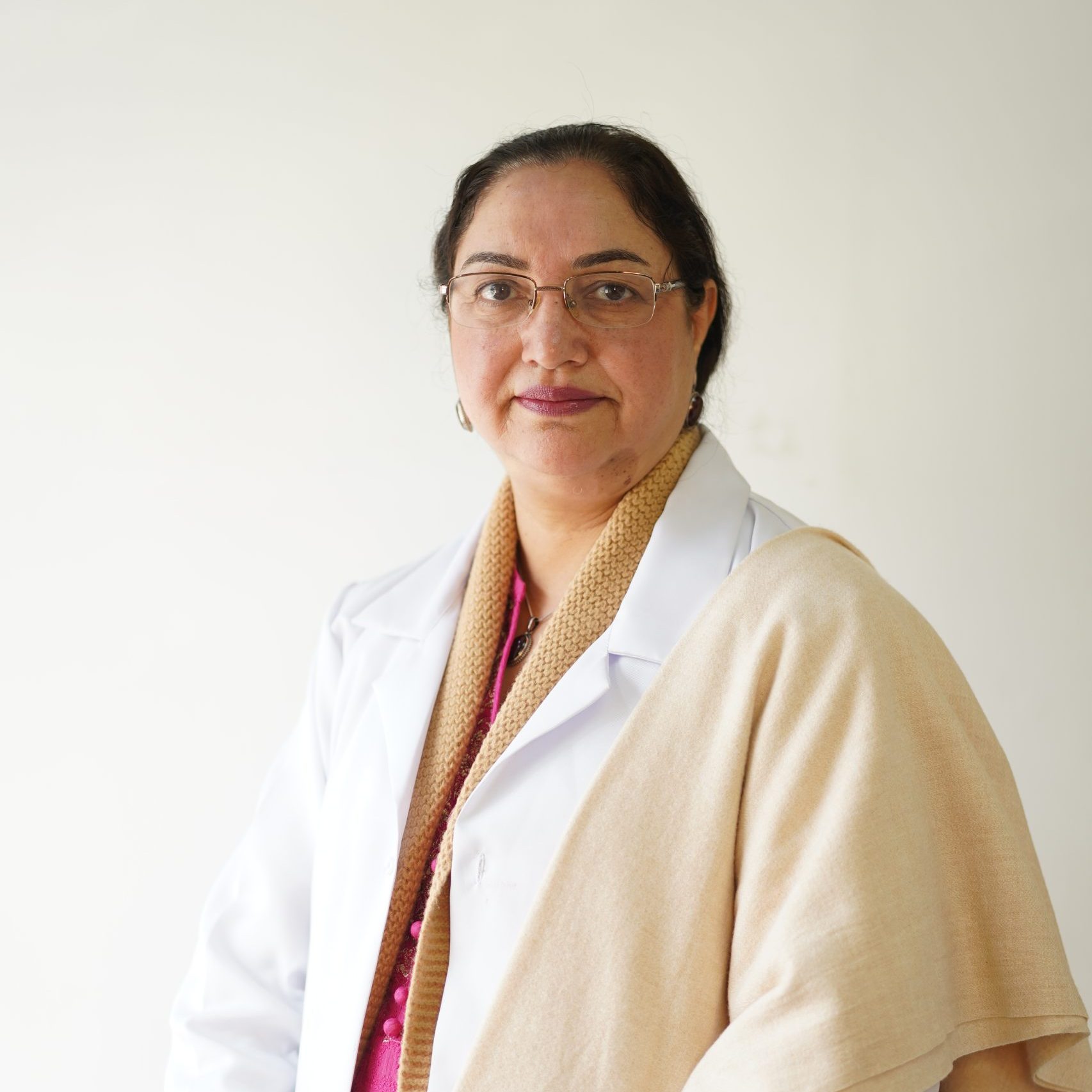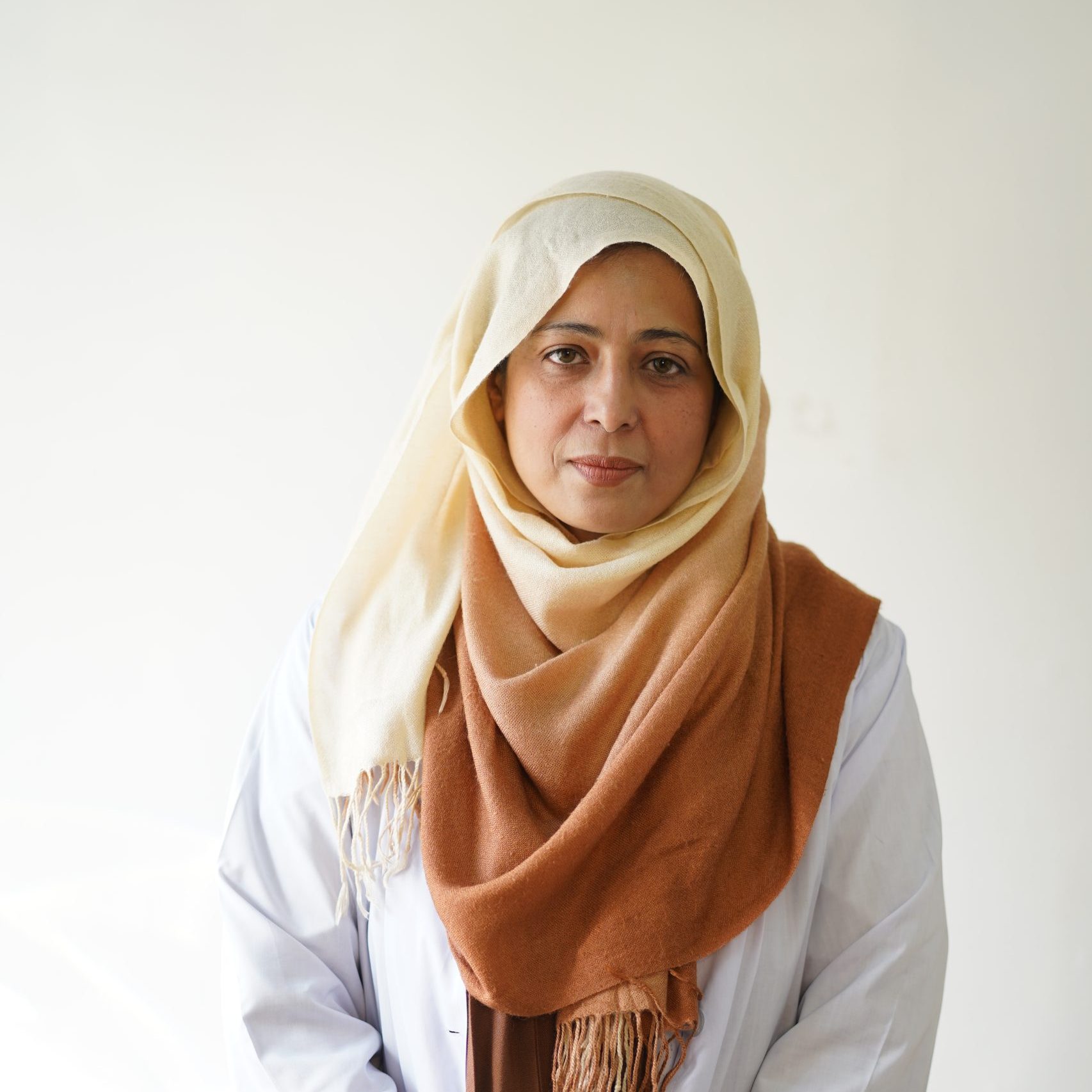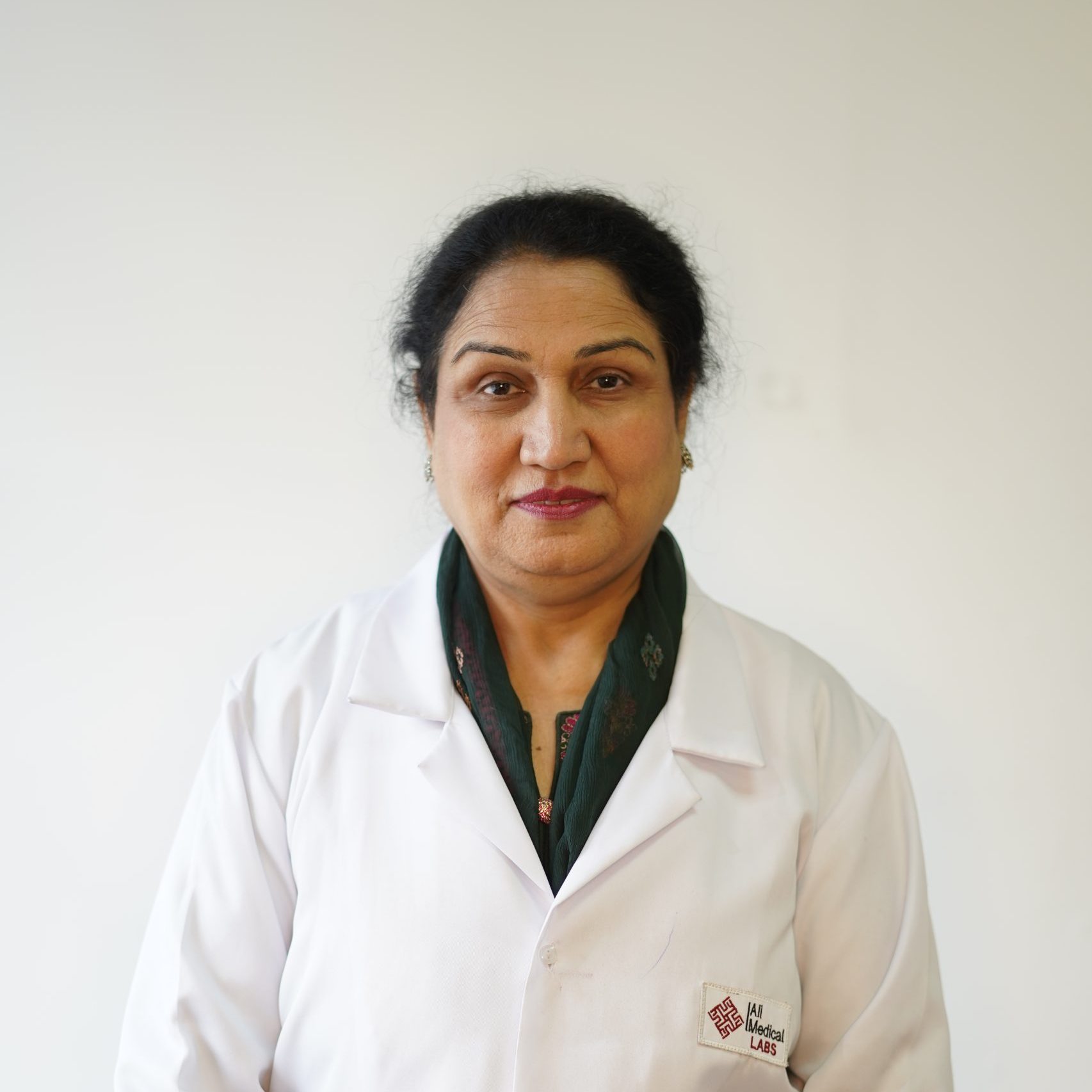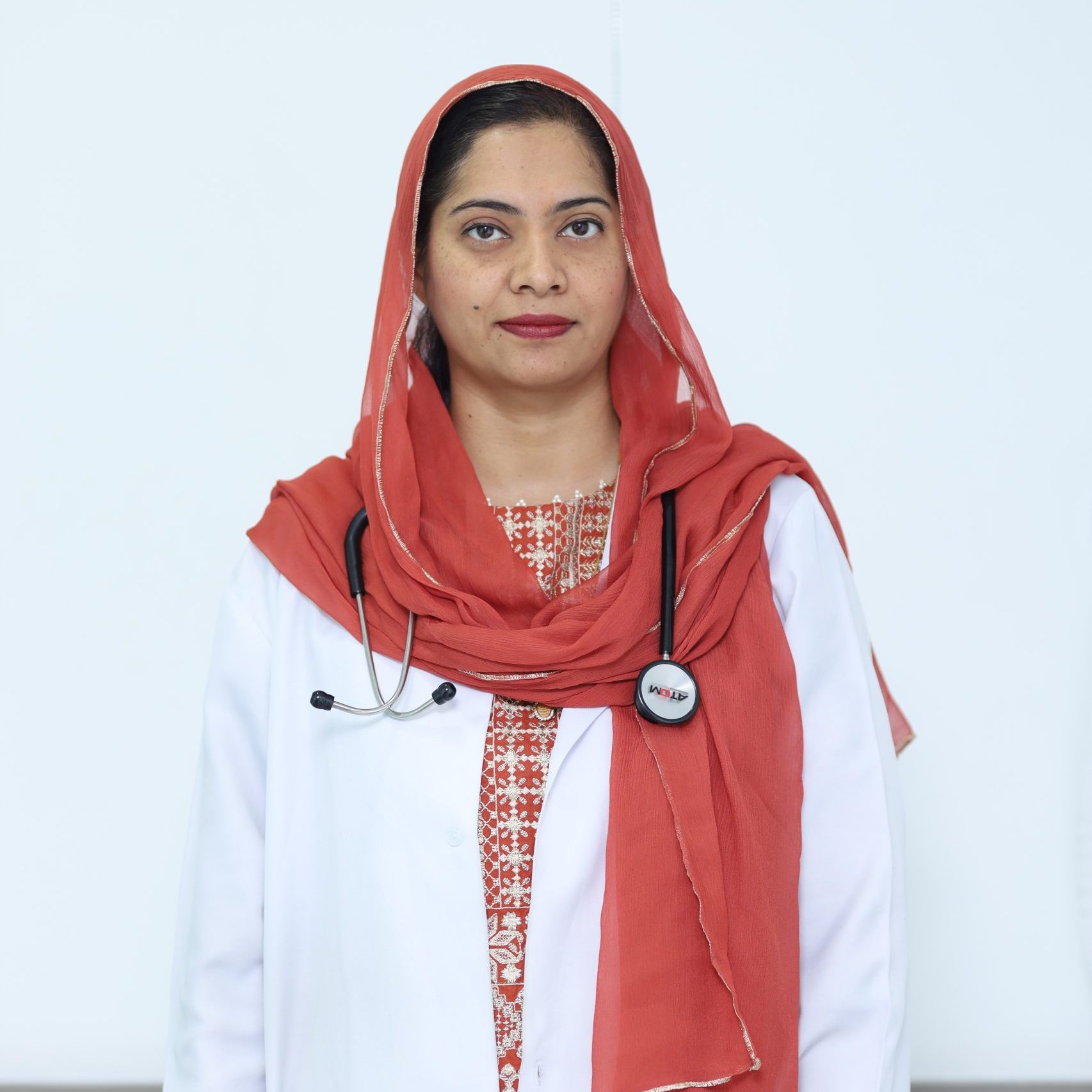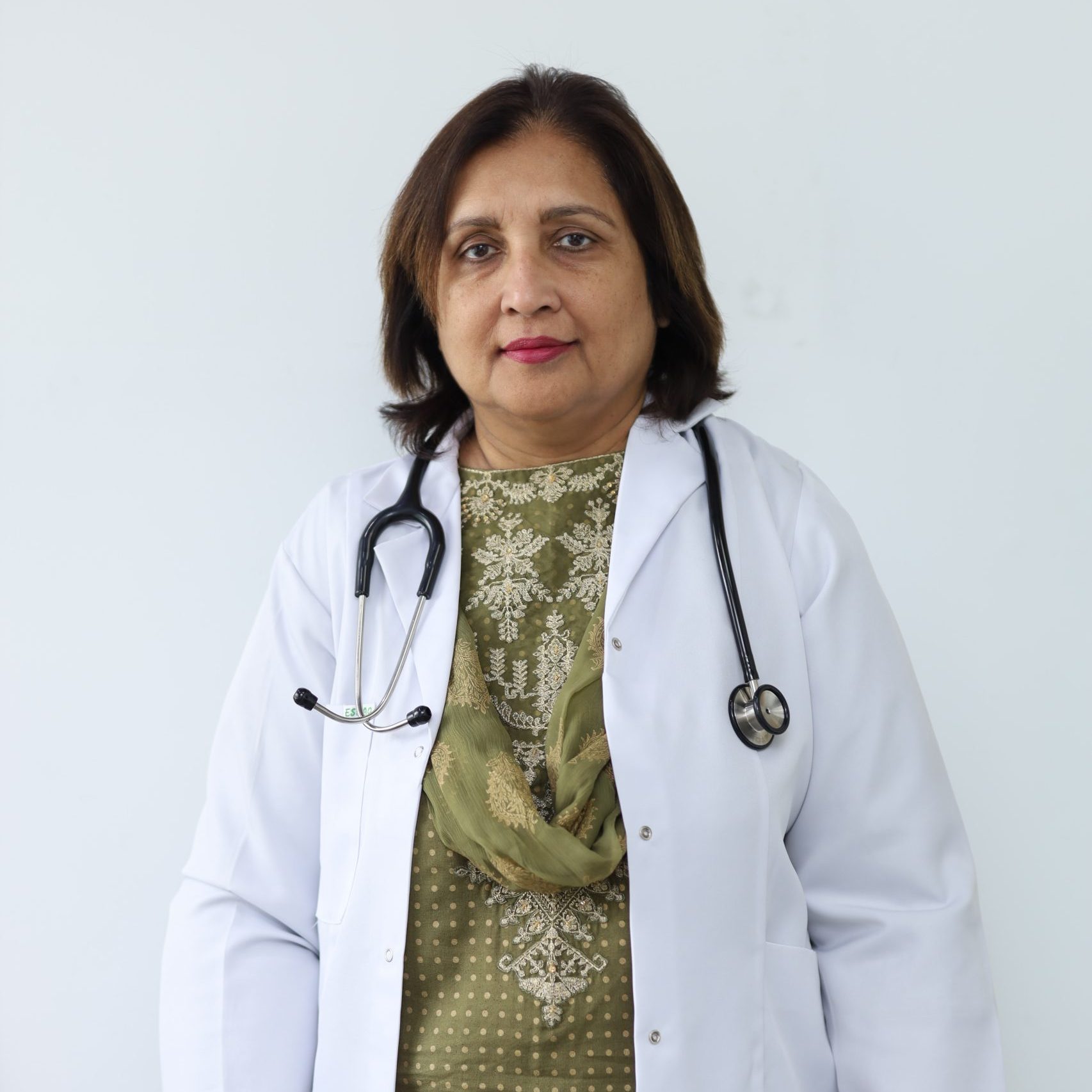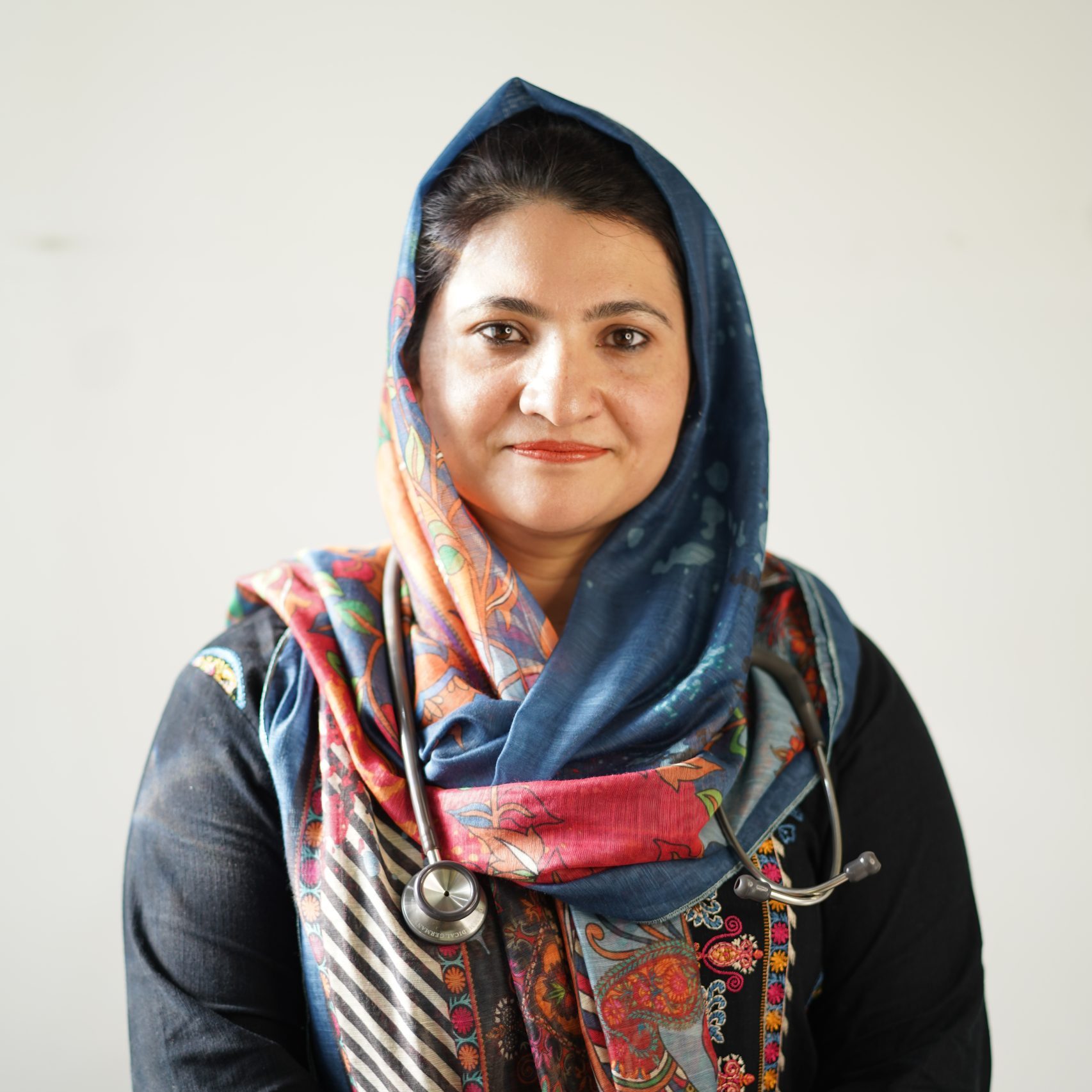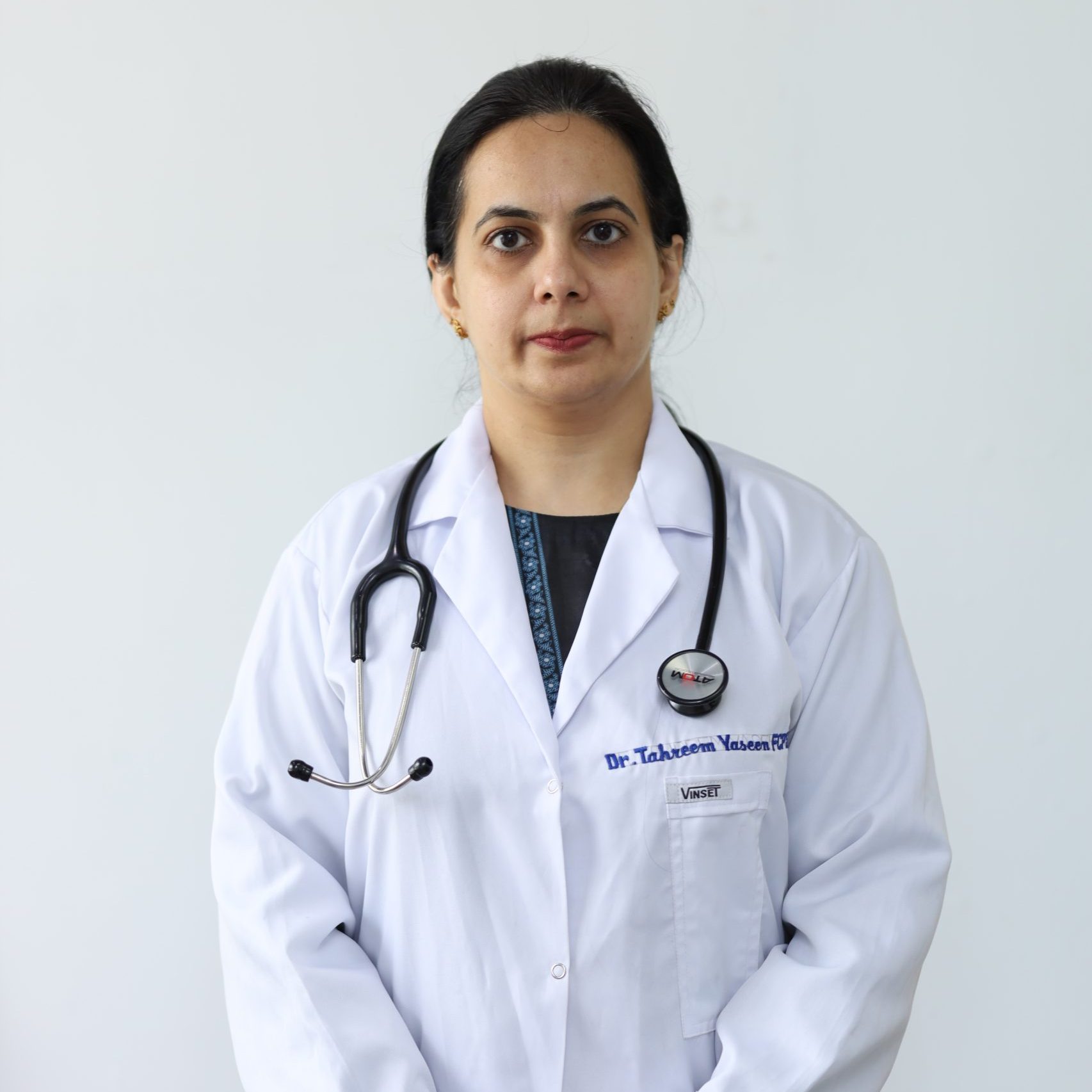The Gynecology Department at our hospital specializes in women's reproductive health and wellness. Led by experienced gynecologists and obstetricians, our team offers comprehensive services including routine screenings, family planning, prenatal care, and gynecological surgeries. We provide compassionate and personalized care for women of all ages, addressing a wide range of concerns such as menstrual disorders, infertility, menopause, and gynecological cancers. With a focus on patient education and empowerment, we strive to support women in making informed decisions about their health and well-being.
Services:
Our gynecology services offer specialized care for women’s reproductive health needs. We provide comprehensive services including;
- LSCS
- Total Abdominal Hysterectomy
- DNC
- Menstrual disorders
- Pelvic pain
- BTL
Our team of gynecologists offers personalized treatment plans tailored to each patient’s individual needs, with a focus on promoting reproductive wellness and empowering women to make informed healthcare decisions. We are committed to providing compassionate and confidential care in a comfortable and supportive environment.
Our Doctors
Dr. Riffat Naz
Consultant Gynaecologist & ObstetricDr. Juvairia Ahmad Noor
Consultant Gynaecologist & ObstetricDr. Shumaila Mobashir
Consultant Gynaecologist & ObstetricDr. Beenish Khurram
Consultant Gynaecology & ObstetricDr. Bushra Babur
Consultant Gynaecology & ObstetricDr. Faiz Un Nisa
Consultant Genecology & ObstetricDr. Yasmin Khan
Consultant Gynaecology & ObstetricDr. Syeda Batool Mazher
Consultant Gynaecology & ObstetricDr. Syed Azra
Consultant Gynaecology & ObstetricDr. Tehreem Yaseen
Consultant Gynaecology & ObstetricFAQs
Who is a gynecologist?
A gynecologist is a medical doctor who specializes in women's reproductive health, focusing on the female reproductive system, including the uterus, ovaries, and vagina.
When to see a gynecologist?
It's generally recommended that girls have their first gynecological visit between the ages of 13 and 15. However, it can vary based on individual circumstances.
What is a Pap smear, and how often should I have one?
A Pap smear, or Pap test, is a screening procedure used to detect abnormal cells on the cervix. Generally, women should start having Pap smears at age 21 and repeat them every 3 years until age 29. After age 30, Pap smears may be done every 3-5 years in combination with HPV testing.
What is HPV, and how does it relate to gynecological health?
HPV (Human Papillomavirus) is a common sexually transmitted infection that can lead to cervical cancer and other health issues. HPV testing is often done in conjunction with Pap smears to screen for cervical cancer risk.
What are common gynecological conditions?
Some common gynecological conditions include menstrual disorders, such as irregular periods or heavy bleeding, pelvic pain, endometriosis, fibroids, ovarian cysts, sexually transmitted Infections (STIs), and menopausal symptoms.
How can I maintain good gynecological health?
Maintaining good gynecological health involves getting regular screenings such as Pap smears and STI tests, practicing good hygiene, maintaining a healthy lifestyle with regular exercise and a balanced diet, and discussing any concerns or symptoms with a healthcare provider.
What should I expect during menopause?
Menopause is a natural stage in a woman's life when menstruation ceases permanently. Symptoms may include hot flashes, night sweats, mood swings, vaginal dryness, and changes in libido. Treatment options are available to manage symptoms and improve quality of life.
When should I see a gynecologist about fertility concerns?
If you've been trying to conceive for a year (or six months if you're over 35) without success, it's recommended to see a gynecologist or fertility specialist to discuss potential causes and treatment options for infertility.
Are there any lifestyle changes that can improve gynecological health?
Yes, several lifestyle changes can positively impact gynecological health, including maintaining a healthy weight, managing stress, and staying up-to-date on vaccinations, such as the HPV vaccine.
These FAQs cover some common questions about gynecology, but if you have specific concerns or questions, it’s essential to consult with a healthcare provider for personalized advice and care.



